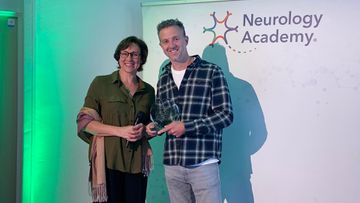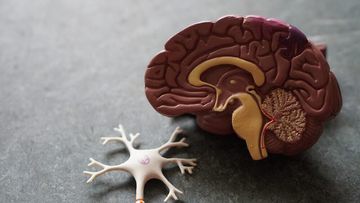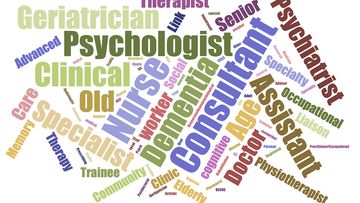One night of poor sleep can increase Alzheimer’s biomarker
Knowledge
An initial study has found that depriving healthy young men of just one night of sleep can increase their levels of the protein tau found in their blood, as compared to an uninterrupted night’s rest. Tau, a known biomarker for Alzheimer’s disease is found in neurons and can form into tangles which accumulate in the brains of those with Alzheimer’s.
The study, published in the journal ‘Neurology’ and carried out at Uppsala University in Sweden, looked at a sample of 15 healthy men of average weight and a mean age of 22 who all reported regularly sleeping for between seven and nine hours each night.
The study used two phases. In the first, after monitoring the men for two days and nights in a sleep clinic under a strict meal and activity schedule, the men were left to have a good night’ sleep. In the second phase, under the same conditions, they were left to a restful night’s sleep the first night, but were deprived of sleep the second night. The lights were left on and participants played games, watched films or talked.
The research team found that participants had an average 17% increase in tau levels in their blood after a night of sleep deprivation compared to an average 2-percent increase in tau levels after a good night of sleep. They looked at four other biomarkers associated with Alzheimer's but there was no distinction between a restful or poor night’s sleep.
The study author, Jonathan Cedernaes, said,
Read more about the study or look at the journal article online.
Related articles
Promoting prevention, supporting management
Led by proactive clinicians determined to see improvement in the way we prevent, diagnose and manage dementias, Dementia Academy supports healthcare professionals with the latest tools, resources and courses to do just that.


